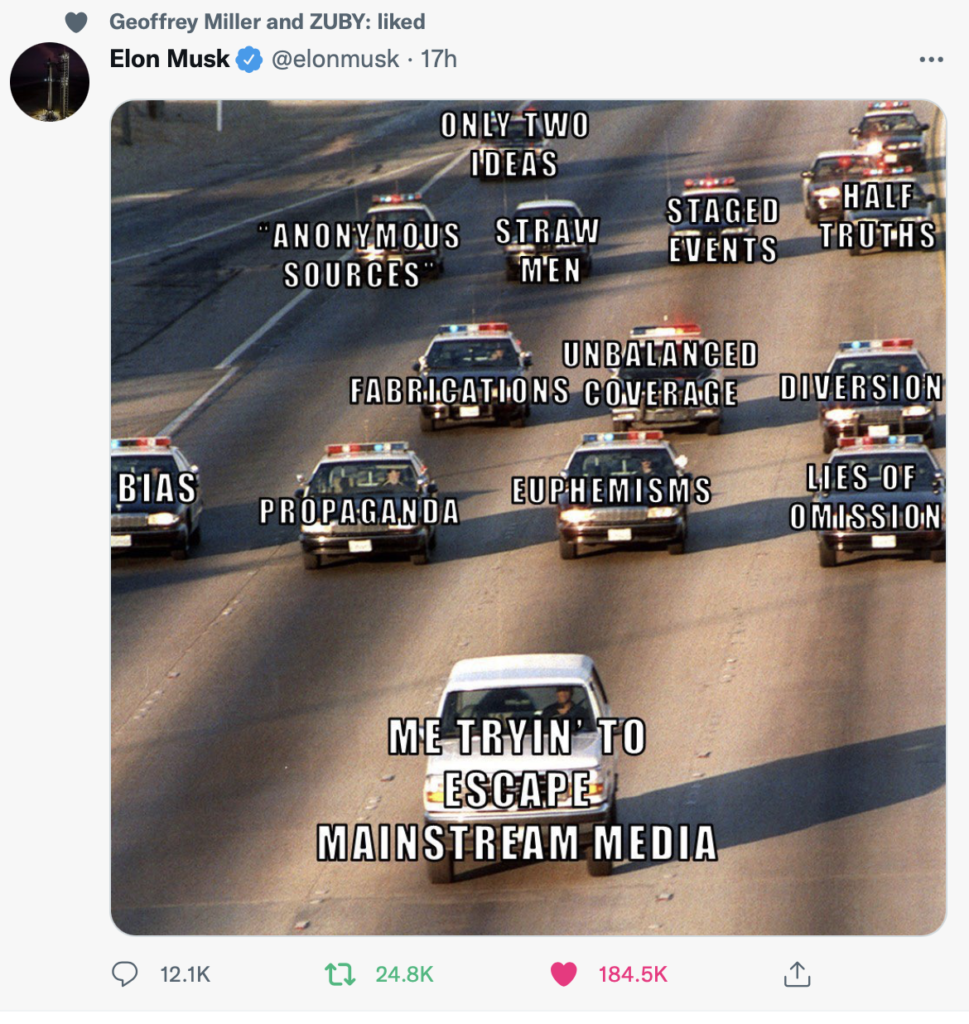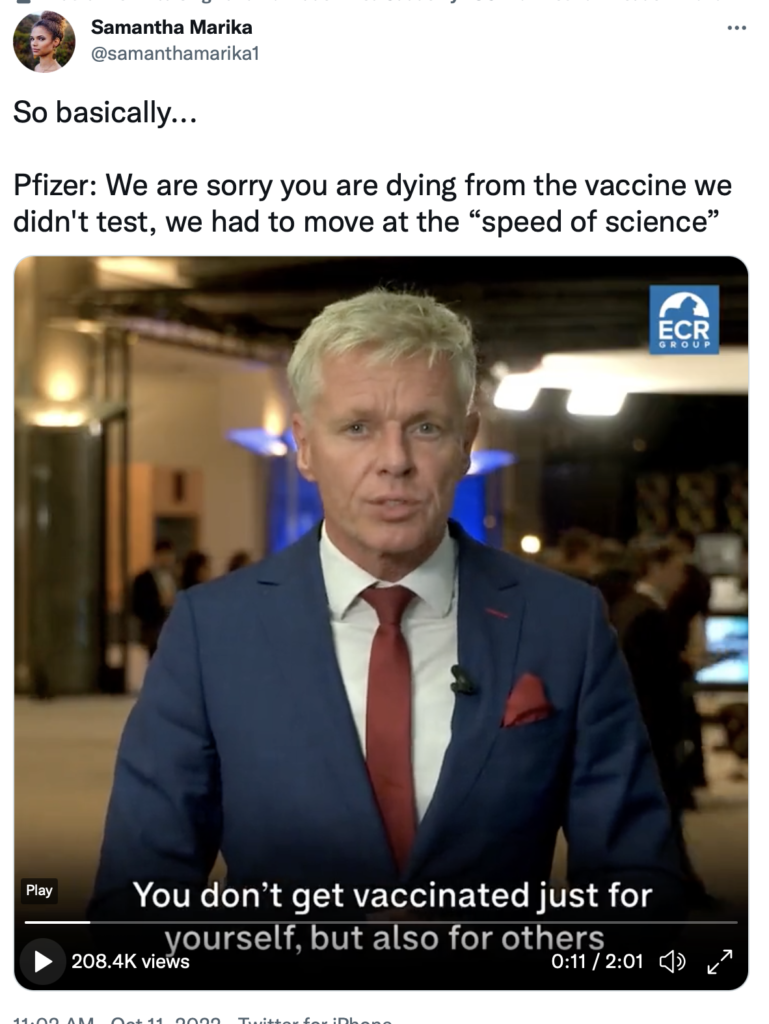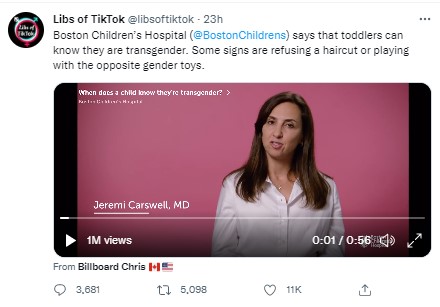FAIR Responds to AG Merrick Garland on Transgender Issues
I agree with the response by FAIR (Foundation Against Intolerance and Racism) to the recent letter sent by American Academy of Pediatrics, American Medical Association, and Children’s Hospital Association to Attorney General Merrick Garland. Here is an excerpt from FAIR's letter:
The topic of best practices in gender-related healthcare is currently the subject of intense debate. In their October 3rd press release, the American Academy of Pediatrics cited a 2018 Policy Statement as the basis for evidence-based gender-affirming care. Now, in 2022, four years of experience has provided a growing body of evidence and patient experiences that do not support the safety and benefits of universal “gender affirming” care as medically established. Recent systematic reviews have concluded that gender affirming care to treat gender dysphoria for adolescence is based on low quality, experimental evidence; ignores underlying mental health conditions such as depression, anxiety, autism, post-traumatic stress disorder, substance abuse disorders, borderline personality disorder, and eating disorders; and may result in irreversible harm—including but not limited to developmental, neurocognitive, psychological, hormonal, and reproductive damage. The Tavistock Gender Clinic in the United Kingdom was recently closed due to these concerns. Moreover, under the gender affirming model, a large new cohort of patients (including the young) are being placed on a lifelong path of medications and dependencies with unknown consequences. It remains unclear whether such treatments will lead to heart disease, cancer, chronic pain, or other serious effects, and whether our healthcare system will be equipped to treat that growing population. Furthermore, a growing cohort of patients are detransitioning and reporting superficial assessments, poor follow-up care, and misdiagnosis of root causes for their gender dysphoria. The opioid epidemic itself was created by “one-size fits all” regulatory mandates to measure pain and treat with opioids, and a political partnership between the AMA and Purdue Pharma which disregarded scientific evidence about the dangers of opioids and prioritized subjective assessments of pain. That approach contributed to the opioid crisis we still grapple with today. Open inquiry and consideration of dissenting voices are imperative to avoid repeating a similar tragedy with respect to gender affirming care.
Any violence or threats of violence should be fully investigated and addressed under the law. But investigating, prosecuting, or silencing those who question or disagree with the still very new and rapidly evolving field of gender affirming care will not only risk violating the First Amendment rights of all Americans, but will prevent the medical profession from determining and providing the safest and most effective treatments for gender dysphoric patients. Rigorous and open debate about the risks and benefits of any treatment—including gender affirming care—must not be suppressed, and to conflate this necessary debate with promoting violence against healthcare workers is deeply irresponsible.



